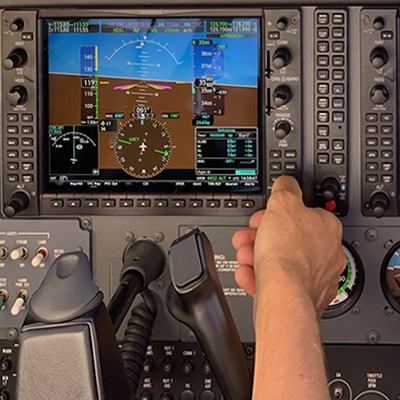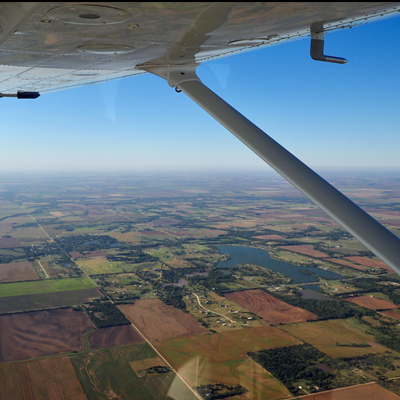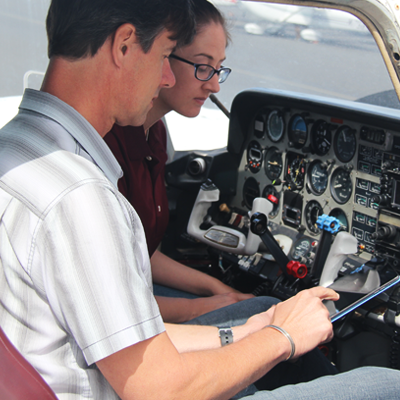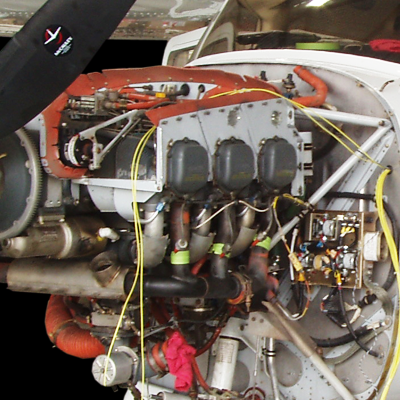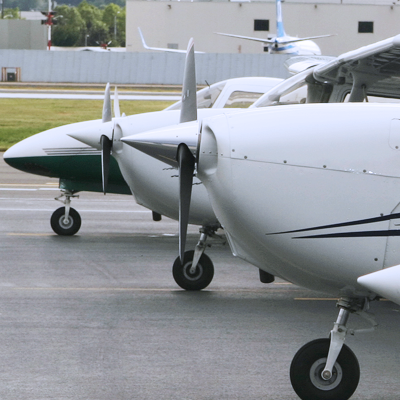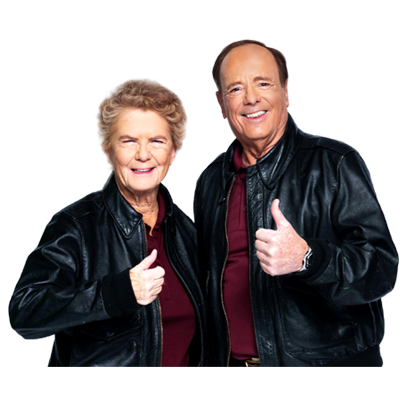Drone Pilot Information

Flying a drone is a great tool that can open up new opportunities for a business. Whether you are a realtor, insurance adjuster, videographer or weekend drone warrior wanting to make money flying drones, you'll want to know if you are flying legally.
If you plan to operate a drone for Commercial reasons, Work or Business, you must obtain an FAA Remote Pilot Certificate. In order to receive your Remote Pilot License, you must take the FAA Unmanned Aircraft Systems (UAS) Drone Knowledge Test at an FAA Certified Testing Center. Individuals holding a pilot certificate under 14 CFR 61 and have successfully completed a flight review within the previous 24 months can obtain their certificate by simply completing the Part 107 online training course at www.faasafety.gov.
If you plan to operate a drone for Commercial reasons, Work or Business, you must obtain an FAA Remote Pilot Certificate. In order to receive your Remote Pilot License, you must take the FAA Unmanned Aircraft Systems (UAS) Drone Knowledge Test at an FAA Certified Testing Center. Individuals holding a pilot certificate under 14 CFR 61 and have successfully completed a flight review within the previous 24 months can obtain their certificate by simply completing the Part 107 online training course at www.faasafety.gov.
Flying Drones for Commercial Operations

You Need a License
If you fly drones for
For commercial operations, you must register any drone over .55 lbs. Register your drone here — Drone Registry
Part 107 rules apply to:
- Work
- Business
- Any non-recreational reason—even when there is no compensation offered. This set of operations requires that you have an FAA Remote Pilot Certificate.
- Be at least 16 years old
- Be able to read, speak, write, and understand English (exceptions may be made if the person is unable to meet one of these requirements for a medical reason, such as hearing impairment)
- Have the physical and mental abilities to safely operate a small UAS
- Pass the initial aeronautical knowledge exam at an FAA-approved testing center
Please Note: If you already hold a pilot certificate issued under 14 CFR Part 61 and have successfully completed a flight review within the previous 24 months, you can complete a free Part 107 online training course at www.faasafety.gov to satisfy this requirement.
For commercial operations, you must register any drone over .55 lbs. Register your drone here — Drone Registry
Part 107 rules apply to:
- Individuals
- Businesses
Flying Drones for Fun

You Don't Need a License
If you fly drones for
Registration is mandatory for drones weighing between 0.55 pounds and 55 pounds. Register your drone here — Drone Registry
You may still want to take the King Schools Drone Pilot Test Prep course to ensure you're a safe and knowledgeable drone pilot, or even just for your own enjoyment.
Learn More About Recreational Drone Use Rules
Rules apply to:
- Recreation
- Hobby
- Personal enjoyment
Registration is mandatory for drones weighing between 0.55 pounds and 55 pounds. Register your drone here — Drone Registry
You may still want to take the King Schools Drone Pilot Test Prep course to ensure you're a safe and knowledgeable drone pilot, or even just for your own enjoyment.
Learn More About Recreational Drone Use Rules
Rules apply to:
- Individuals
- Recreational Use
- Hobby Use
Flying Drones for Government Agencies

You May Need a License
If you fly drones for
Government agencies may obtain a Certificate of Waiver or Authorization (COA) from the FAA that outlines the specific conditions that they must follow to fly a drone including pilot certification. In many cases, a COA will authorize operations that are outside of Part 107 rules. Alternatively, they may simply choose to operate under Part 107 regulations.
This set of rules is for people who fly drones for government entities (local, state and federal government agencies) regardless if they are employees or contractors.
You must register any drone over .55 lbs. Register your drone here — Drone Registry
Rules apply to:
- Local government agencies
- State government agencies
- Federal government agencies
- Public Utilities
Government agencies may obtain a Certificate of Waiver or Authorization (COA) from the FAA that outlines the specific conditions that they must follow to fly a drone including pilot certification. In many cases, a COA will authorize operations that are outside of Part 107 rules. Alternatively, they may simply choose to operate under Part 107 regulations.
This set of rules is for people who fly drones for government entities (local, state and federal government agencies) regardless if they are employees or contractors.
You must register any drone over .55 lbs. Register your drone here — Drone Registry
Rules apply to:
- Government agencies
- Public Utilities


